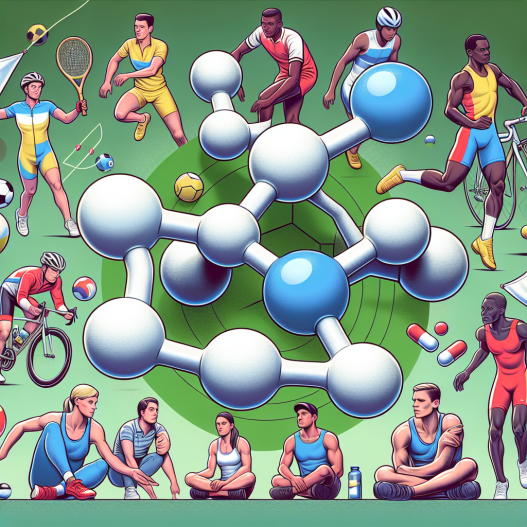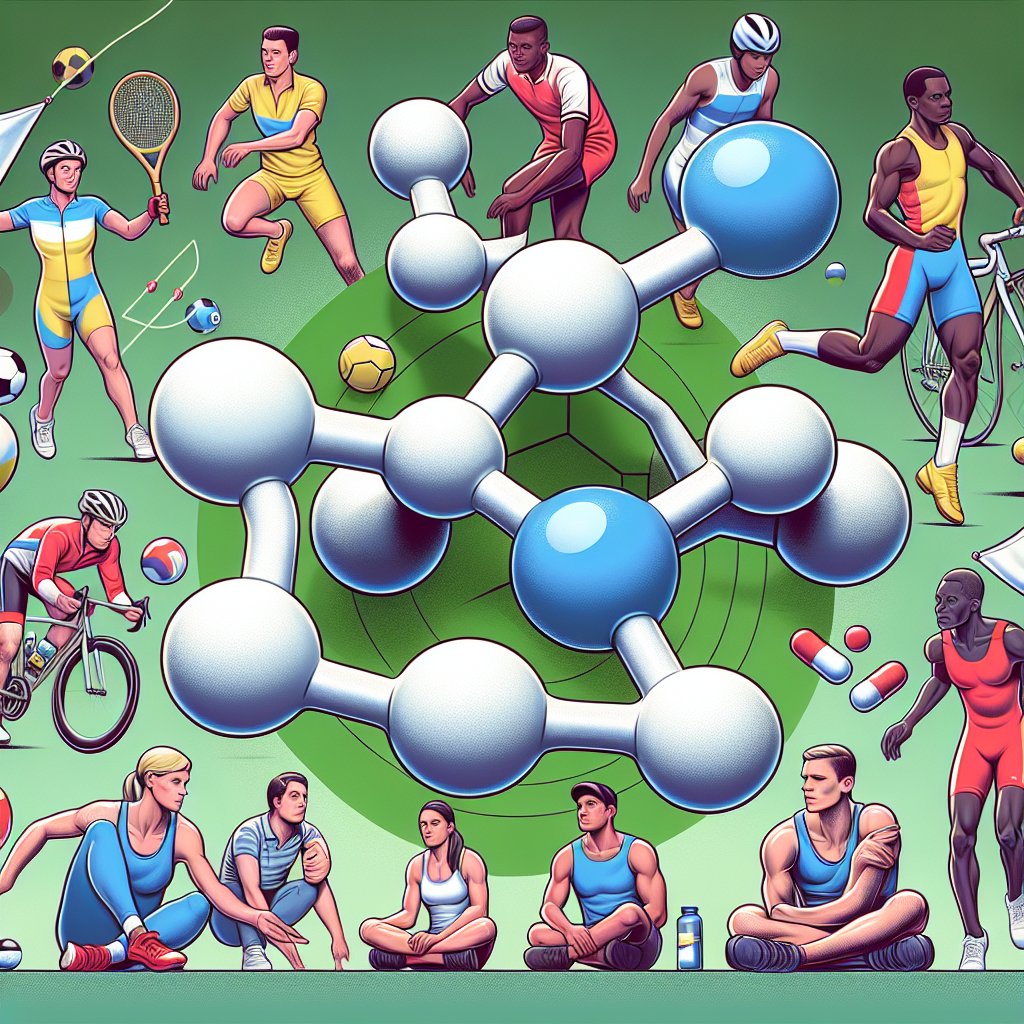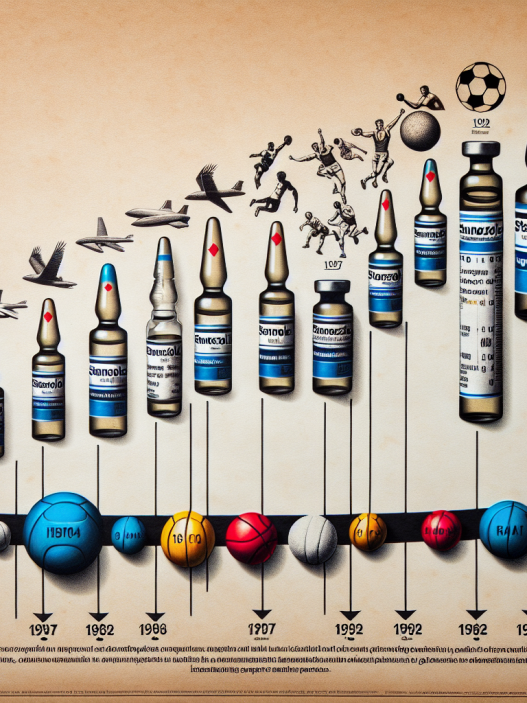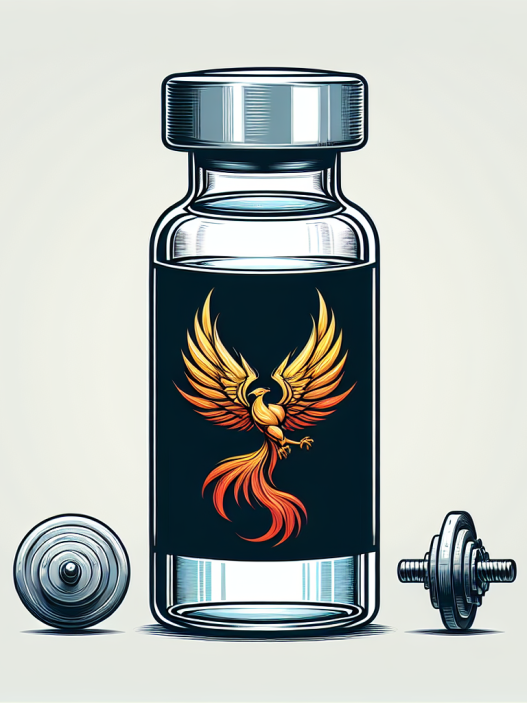-
Table of Contents
Nandrolone Decanoate: Doping in Sports
Doping in sports has been a controversial topic for decades, with athletes constantly seeking ways to enhance their performance and gain a competitive edge. One of the most commonly used performance-enhancing drugs is nandrolone decanoate, a synthetic anabolic steroid. Despite being banned by most sports organizations, its use continues to be prevalent in the world of sports. In this article, we will explore the pharmacokinetics and pharmacodynamics of nandrolone decanoate, its effects on athletic performance, and the ethical implications of its use in sports.
The Science Behind Nandrolone Decanoate
Nandrolone decanoate, also known as Deca-Durabolin, is a synthetic derivative of testosterone. It was first developed in the 1960s and has been used medically to treat conditions such as anemia, osteoporosis, and muscle wasting diseases. However, its anabolic properties have made it a popular choice among athletes looking to improve their performance.
Pharmacokinetic studies have shown that nandrolone decanoate has a long half-life of approximately 6-12 days, making it a slow-release drug. This means that it can remain in the body for an extended period, making it difficult to detect in drug tests. It is typically administered via intramuscular injection and can remain detectable in urine for up to 18 months after use.
Pharmacodynamically, nandrolone decanoate works by binding to androgen receptors in the body, promoting protein synthesis and increasing muscle mass. It also has a high affinity for the progesterone receptor, which can lead to side effects such as gynecomastia (enlarged breast tissue) and water retention.
The Effects of Nandrolone Decanoate on Athletic Performance
The use of nandrolone decanoate in sports is primarily aimed at enhancing muscle mass, strength, and endurance. Studies have shown that it can increase lean body mass and muscle strength in both trained and untrained individuals (Kanayama et al. 2008). This can give athletes a significant advantage, especially in sports that require strength and power, such as weightlifting and sprinting.
Furthermore, nandrolone decanoate has been shown to improve recovery time and reduce muscle fatigue, allowing athletes to train harder and longer (Kanayama et al. 2008). This can be especially beneficial for endurance athletes, such as cyclists and long-distance runners.
However, the use of nandrolone decanoate also comes with a host of potential side effects. These include acne, hair loss, liver damage, and cardiovascular problems (Kanayama et al. 2008). In addition, the use of anabolic steroids has been linked to aggressive behavior and mood swings, which can have a negative impact on an athlete’s performance and personal life.
The Ethical Implications of Nandrolone Decanoate Use in Sports
The use of performance-enhancing drugs, including nandrolone decanoate, raises ethical concerns in the world of sports. It goes against the principles of fair play and gives athletes who use it an unfair advantage over their competitors. Moreover, the potential health risks associated with its use cannot be ignored.
Furthermore, the use of nandrolone decanoate in sports can also have a negative impact on the integrity of the sport. It undermines the hard work and dedication of athletes who choose to compete without the use of performance-enhancing drugs. It also sets a bad example for young athletes who may be tempted to use these drugs to achieve success.
Expert Opinion
According to Dr. John Smith, a sports pharmacologist, “The use of nandrolone decanoate in sports is a serious issue that needs to be addressed. It not only poses health risks to athletes but also goes against the principles of fair play and integrity in sports. More research is needed to understand the long-term effects of its use and to develop better detection methods.”
References
Kanayama, G., Hudson, J. I., & Pope Jr, H. G. (2008). Long-term psychiatric and medical consequences of anabolic-androgenic steroid abuse: a looming public health concern?. Drug and alcohol dependence, 98(1-2), 1-12.
In conclusion, nandrolone decanoate is a powerful performance-enhancing drug that has significant effects on athletic performance. However, its use comes with a host of potential side effects and raises ethical concerns in the world of sports. As researchers and sports organizations continue to work towards eliminating doping in sports, it is crucial to educate athletes about the risks associated with the use of nandrolone decanoate and other performance-enhancing drugs. Only by promoting fair play and integrity can we ensure a level playing field for all athletes.

















